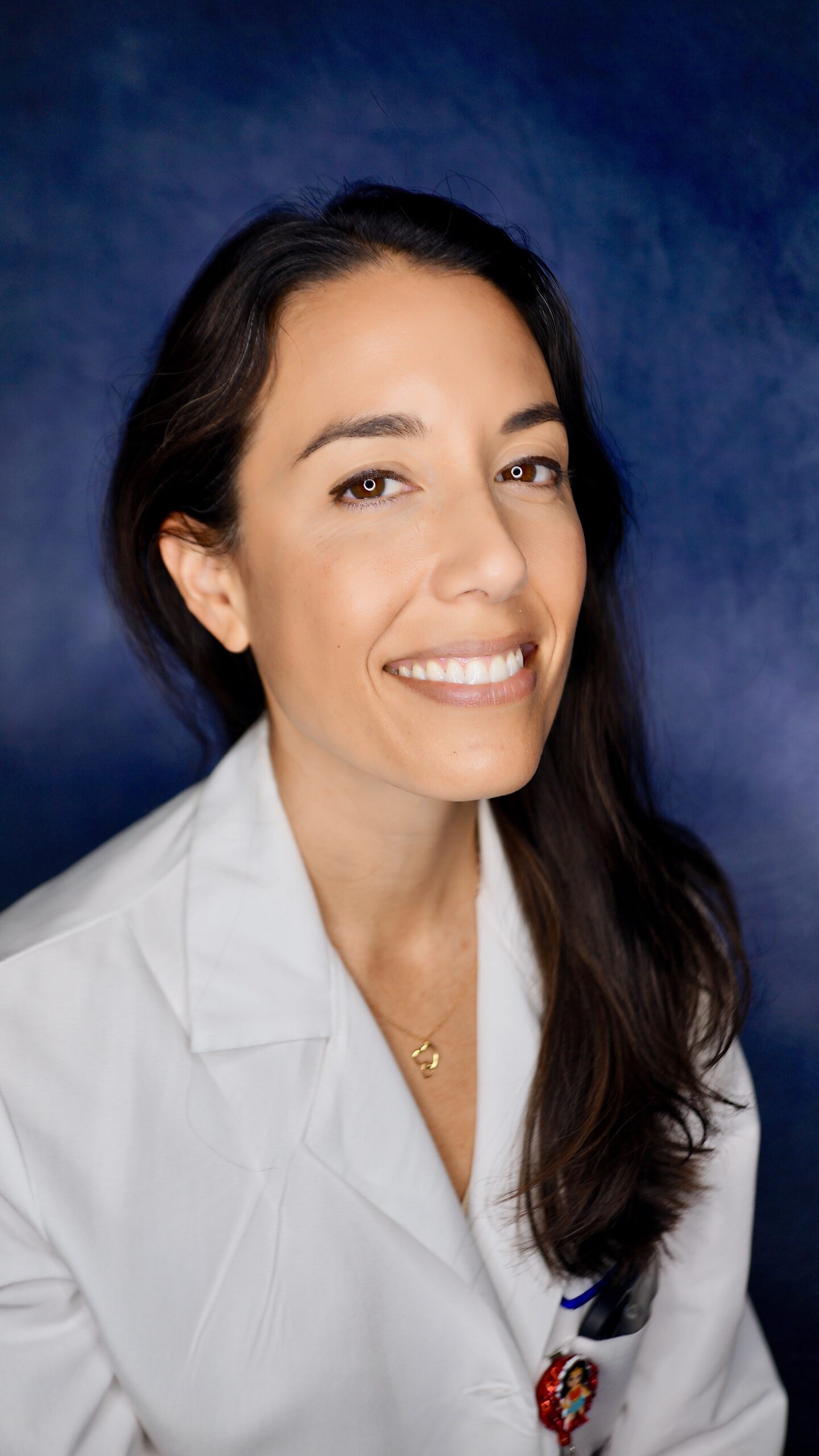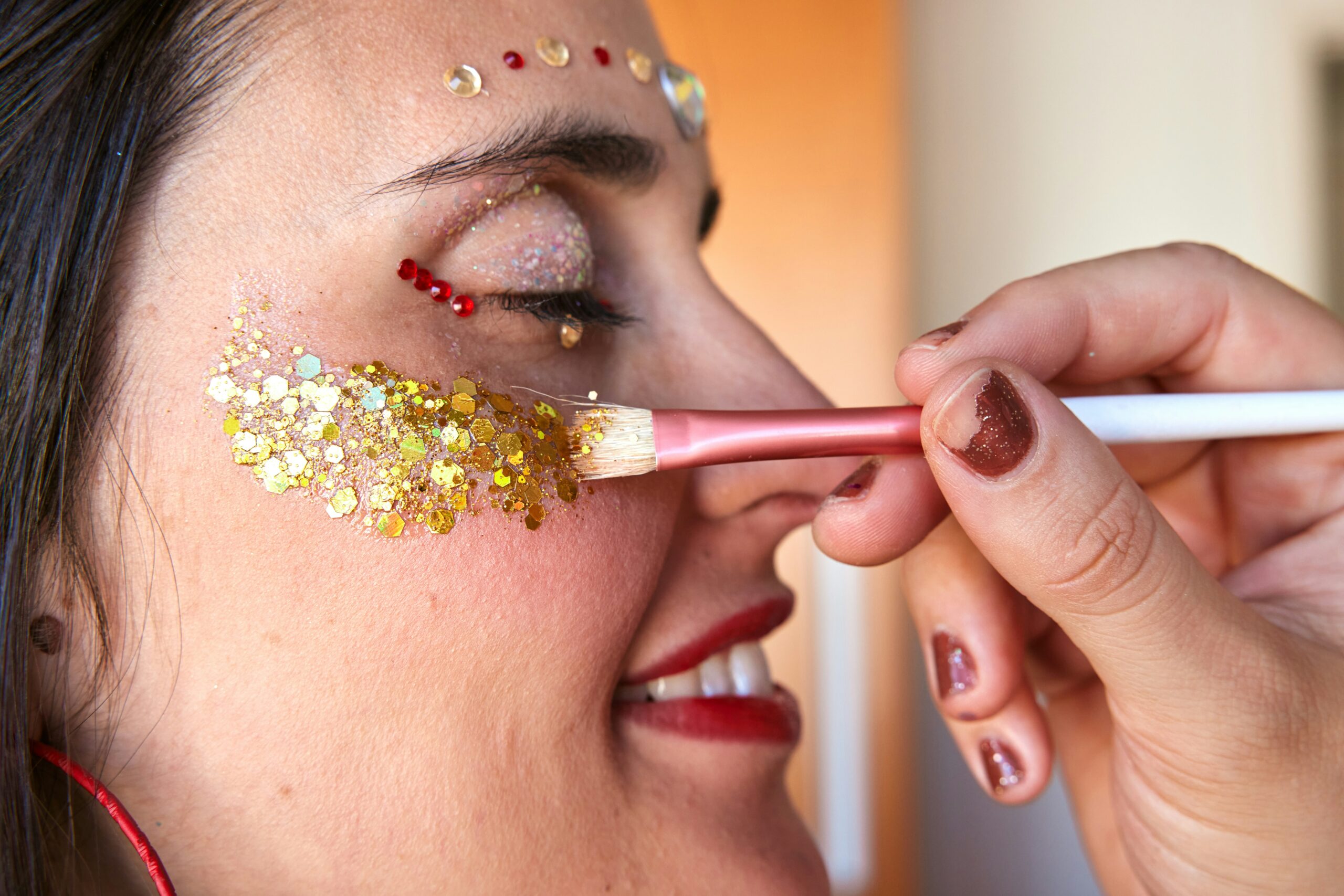Before I had my son, I approached breastfeeding and pumping with blissful ignorance and excitement. To be frank, I was so ready to move on from the long road it had been to get here: fertility testing, innumerable injections and hormones for IVF and an uncomfortable pregnancy, all while working full-time.
I envisioned a quiet maternity leave where my baby and I could bond and get to know one another, and I assumed my body would cooperate with those plans. I was blessed to have a smooth labor, and when they placed my son’s warm and wriggling body onto mine immediately after, I was thrilled to watch him rooting and inching upward to try and nurse.
It would all be smooth sailing from here on, right?
All mothers can appreciate — and roll your eyes at — my naivete.
As a physician, my tendency was to view breastfeeding as a natural—even scientific—phenomenon. Armed with a certificate from a three-hour breastfeeding basics class, I felt set up for success.
But that first night in the hospital was a wake-up call. The natural endorphins of labor had worn off rather abruptly and I was left terrified, exhausted and in searing pain. Even attempting to collect my son from the bassinet placed conveniently next to my bed felt excruciating.
I lay awake with him at my chest, too scared and uncomfortable to move, listening to my husband sleeping seemingly carefree on the pull-out chair next to me, and panicked by just how little I knew.
None of this information was covered in the course or in my training as a physician!
How long do I nurse at each side?
What position is best?
What is that grunting noise?
How do I know when he is done?
Why is this so hard?
Many of these questions went unanswered as I fumbled my way through that first night. Somehow, we both survived until morning, and I practically cried with relief when a lactation consultant showed up.
She smiled patiently as I pummeled her with questions, and she attempted to show me all the basics. There was a temporary mental relief.
But, a few days later at home, things started to become overwhelming again.
My nipples were raw and searing in pain, some areas even scabbed over.
Despite being several days post-birth with enormous, engorged breasts, my true milk had not yet “come in.”
We navigated daily doctor’s appointments and my concern grew at each visit as they documented my son’s dropping weight and climbing bilirubin. The tables were turned, and I was no longer the physician in control. It was a dynamic that left me feeling raw and exposed. I was threatened by the prospect of hospitalization or needing to rely on formula so soon.
Doctors and lactation consultants reassured me that milk comes in at different times, but I felt like my body was failing me. Failing my son.
Here was my first test as a mother, and I was bombing it.
I pushed myself to stick with it, and tried not to think about undesirable outcomes.
It was not until a week later that he started sputtering and I realized that actual milk was leaking from around his mouth. Almost immediately, he started to pick up weight and avoided hospitalization for his jaundice. It was the first of many battles we faced on our breastfeeding journey, and I finally felt victorious.
The elation was short-lived however, as the sleep deprivation and self-doubt of early motherhood crept in. My days blended together in a repetitive jumble of feeding, spit-ups, diapers, feeding, burping, napping, laundry and feeding. I adored my son, but only in the moments where he was actually breastfeeding did I feel joy and enthusiasm for a greater purpose.
The rest of the grind felt disorganized and chaotic, especially for someone who tends toward control and order. The days of hosting friends and challenging myself at work felt distant.
Hell, I could not even find a moment to clean the house or paint my nails.
As I yearned for the fun and structure of my old life, I became wary of a new sentiment I had never felt prior: resentment.
I resented seeing other friends traveling and living life. I resented casual texts asking how it was going (where do I even begin?).
But, perhaps most shocking to me, was the amount of resentment I started to harbor toward my husband.
I felt ashamed for feeling this way. I loved my husband dearly and he had nothing but good intentions. But, more so, why couldn’t I just be happy? I had fought so hard to become a mother and knew I was privileged to be in this position. Any other notion felt ungrateful.
I typically pride myself on being self-sufficient, so the hardest part about climbing out of this pit was admitting to others that I did not have it all together. I needed to squash the idea that asking for help as a mother equated to failure. I started first by speaking to my husband, reluctant to tell him how envious I was, and ashamed to admit what I perceived to be weakness.
Our conversation and reconnection shifted my thinking. For one thing, he never realized the extent of my feelings of isolation; he had taken on all duties outside the home to relieve me of additional stress, not realizing how much it had been sequestering me. I, in return, never realized the guilt he harbored for being unable to participate in feeds, nor the way that left him feeling less bonded with the baby.
Most importantly, he held space for my emotions, but rejected my notion of failure, reminding me instead that it was my body alone that was sustaining and nourishing our son.
Together, we made the decision to make feeds more of a team sport.
He helped stock and bring me water and snacks to keep up my hydration and calories. In the evenings, we would listen to podcasts or watch shows together while I nursed.
We decided that he would assume one of the night feeds with a bottle while I pumped, so that he could experience feeding and so my nipples could take a break.
Lastly, we scheduled a daily time for him to watch the baby so that I could go for a walk around the block, grab a coffee or chat on the phone with a friend—small activities to replenish me. I still felt the need to stay close to home, but these intentional practices allowed me to feel less isolated and put less pressure on my feeding duties.
Outside of our relationship, I also made additional efforts. I sought out more assistance from lactation consultants and joined groups dedicated to breastfeeding support. One of the most valuable things I did was to foster relationships with other mom friends in similar stages of breastfeeding.
These women became a new social circle for me, one marked by middle of the night check-ins and memes, as well as honest exchanges about nursing woes and triumphs. I slowly started to find myself again.
Ultimately, I realized that the more I let go of control, the happier he seemed.
Now that we were on the other side of the breastfeeding learning curve, the pressure eased and I was more able to just enjoy the ride. I was proud to see him grow and flourish. I relished holding him so closely, in this sacred and special bond. When he looked up at me or lifted his hand to my face while nursing, time and space ceased to be and we simply coexisted as one.
And when he would fall asleep afterward in a milk coma, his soft smile and easy breathing reminded me that I was indeed fulfilling his needs.
He felt safe, fed and warm. I was enough.
Inevitably, this state of bliss was threatened by my impending return to work three months in. I was excited to get back to my professional self and do what I loved, but nervous about the implications.
I was not at all prepared for the torment and intense guilt I felt on my first day back. How ironic to think about how I initially craved independence and yet, now with it enforced, I felt like I was abandoning him. Next to the momentousness of having a baby, work seemed lackluster and insignificant.
Everything in my own world had been transformed. I was a new woman (a mother!), but within hospital walls there was no acknowledgement of my new self. I was expected to jump back into the grind, and I felt like I had to prove that I was still capable.
My two identities were in conflict, and it felt impossible to maintain my goals as a mother, particularly with breastfeeding.
My supply started to drop. And when the first wave of the COVID pandemic hit my hospital a few months later, the situation became even more dire.
All of a sudden, the rare time I had to pump was even more carved away by the time I needed to prepare to go in and out of isolation rooms, the sheer number and acuity of patients, the process of trying to sterilize myself and all my pumping gear as to not unintentionally carry the virus home and infect my family. Studies suggest that psychological stressors and acute anxiety are associated with decreased milk production and earlier cessation of breastfeeding, and here, surrounded by so much fear, suffering and death, I struggled with both.
As my supply continued to plummet, I once again entered a cycle of guilt and self-reproach.
I was knowingly exposing myself – and hence my family — to this virus, and yet I was failing to provide the only tangible protection against it, in the form of the antibodies within my breast milk.
One day, as I checked in on a patient who was nearing intubation, he told me, “Whatever happens, I know my body is doing its best, and I know that you are doing your best to support it.”
I was struck by his words, the faith in his body and blind confidence in me. I realized that I was so focused on providing care to others and proving myself as a doctor, that I was no longer caring for myself. I was failing to support my body or believe in my own capacity. It was a wake-up call to reevaluate how I was doing things.
I spoke with other women physicians at work about their challenges breastfeeding during this time; besides feeling more like part of a village, I inherited several tips and tricks.
I filled my coat pockets with ample snacks for on-the-go, and made efforts to take water breaks in the nursing pantries between patients. I learned about and practiced power pumping after each normal pump session. I was taught to cut down the time I spent cleaning supplies by refrigerating pump parts, and reusing them during the same shift. I would sometimes walk into a call room and find that unknown benefactors had stocked it with coconut water, nuts and lactation cookies – many of which were not great, leading me to eventually create my own.
Other times, colleagues offered to cover for me when I needed a break. In general, the more I opened up to my colleagues about what I was going through, the more supported I felt.
Now that my two kids are each older and weaned, I reflect on my breastfeeding journey with fondness and pride. I marvel at my transformation from a fiercely independent woman seeking external validation, to a more patient, open-minded, and self-loving one.
Breastfeeding proved to be a crash course in the unpredictability and guilt that are intrinsic to motherhood, but impressed upon me the importance of community and extending oneself grace.
I hope to use the lessons I’ve learned to help bolster other mothers and help them achieve their breastfeeding goals while remaining true to themselves.
Author
-

Jessica is a full-time physician in Hospital Medicine and a mother of two. She enjoys doing puzzles, cooking, traveling and unwinding with her kids. She is passionate about supporting other women and runs groups to connect and empower women in medicine. She is also the co-owner and founder of Taste Cherie, a company that makes organic lactation cookie mixes to support breastfeeding mothers.
View all posts




